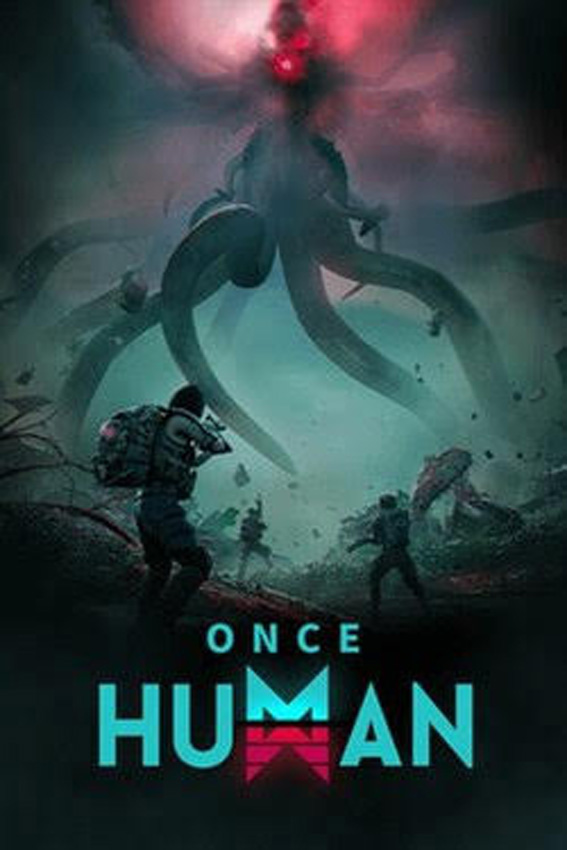We are all familiar the story A Christmas Carol. We understand the plot, and the characters, and we are familiar with both its setting and theme. In many ways, the story is as central to the Christmas tradition as Jesus Christ himself, and ?Bah Humbug? is as familiar to the ear as ?Noel.?
But somehow, though the story is nearly 170 years old, it still manages to captivate audiences young and old, rich and poor, Christian and secular. Something in this ancient carol rings true in our hearts, and so we sing it with religious dedication year after year. It has become a part of us.
Good Company Players is retelling this beloved story in a special way this season with a dramatic production starring local talent. Being asked to write this review by my journalism adviser, I travelled downtown to the tower district and found myself in the cozy 2nd Space Theater where I eagerly awaited the beginning of the play.
And I must say, first off, that it did not disappoint. From the first scene to the last, this performance offered genuine laughter, compelling acting and a theme poignant enough to render every soul in the room into self-reflection.
For those of you who are unfamiliar with the storyline, A Christmas Carol is about an old man by the name of Ebenezer Scrooge. Scrooge is a money loaner who lives and breathes for the acquisition of wealth. He is a greedy, snobbish, and merciless man who hates Christmas and all things cheerful.
The play tells about a three ghosts who visit him on Christmas Eve in an attempt to change his callous heart. Scrooge soon finds himself on a wild journey through the past, present and future, and in this journey he uncovers the dark things about himself as well as the path to redemption.
But enough summarization of the plot, for I know how boring such things are to read. Allow me now to tell you all that I enjoyed (and didn?t enjoy) about this play.
The first thing that struck me was the simplicity of the set. Because the stage was quite small, the props were reduced to a bare minimum. This allowed the viewer to focus more on the actors and the plot rather than superfluous set pieces. Though some may find such an arrangement dull and boring, I really enjoyed its plainness.
Because many of the participants were amateur actors and teens, the quality of acting was not superb. It was also, however, not mediocre. I felt like the young ones performed wonderfully despite their age, and nearly every character was both believable and dynamic.
One must keep an open mind that Good Company Players is a company that offers opportunities to young people to cultivate their artistic talents, and as such it will not be a professional grade production.
That being said, I feel like the actors came together wonderfully and really displayed their passion, camaraderie and love for the performing arts.
The two characters I enjoyed seeing most were Ebenezer Scrooge and Gentleman #2. Kiaya Hargis, the young woman who played the above latter mentioned, is a student here at our school and a member of the drama class.
I found both humor and interest in her portrayal of her male role, and I think that she possessed an obvious mastery of the part. She executed her job professionally and skillfully, making a solid impression without stealing the stage.
Ebenezer Scrooge (Mark Norwood) pretty much ran the show. As a seasoned performer and skillful actor, Norwood provided experience and vivacity to the cast and led them with remarkable aptitude.
Obviously, the lead actor in every play must be a strong actor, and if the lead actor fails then the whole play hurts. Conversely, if the lead actor is exceptional and charismatic in his theatrical talent, the entire play is exalted. Norwood definitely exalted this play.
Not only did his rendition of old man Scrooge seem genuine and compelling, but he also connected with the audience very well. I found myself laughing at one moment, and then feeling horrified the next. Norwood really portrayed the dark side of Scrooge?s avarice nature, while still offering sufficient comic relief at opportune times.
Not all of the characters were as solid as Scrooge, however. For instance, I found that the ghost of Christmas Present was pretty weak. Colin Bracewell (the boy who played the part), did not have the booming voice and large stature that we expect from this role.
I found myself disbelieving the character and becoming anxious for his part to pass. This in no way reflects poorly on the actor?s level of talent (I think he did his best) but rather it shows a slight casting failure; Bracewell should have played a different part.
Despite this, I commend him for trying his best. He exuded confidence and effort throughout his part, and I, for one, appreciated that.
Another minor downfall of my experience involved the technical aspect of the event. The narrator?s voice was prerecorded and played through a sub-par speaker system, which slightly lowered the overall quality of the play in my estimation. It was not a big deal, but it was noticeable.
As I said before, A Christmas Carol is one of the most iconic Christmas stories of all time. In my opinion, Scrooge embodies the spirit of the holiday season more than any other human figure, fictitious or actual. We, as humans, connect with him.
Sure, Santa Claus provides a nice fable for children, but he is distant, god-like and intolerably perfect. The baby Jesus is impersonal, static and immobile in his humble crib, providing nothing to interact with.
See, Santa Claus belongs in books of legend, and Jesus Christ must be remembered for his sacrifice on the cross more than his birth unto the world. But Scrooge, he embodies the human spirit.
Scrooge represents the darkness in all of us that causes our spirits to cry out, then tremble, then become colder than snow. His redemption signifies the redemption we all seek in the Christmas season and his journey is the hope we all have in changing the destructive aspects of our personality.
Scrooge is, in a sense, a Christmas hero.
During the play, as I saw Mr. Scrooge struggle I saw myself struggle. As I saw him realize his shortcomings, I remembered my own shortcomings. And his triumph reminded me of the hope we all have because, on Christmas day, a new savior entered our world.
Hope. That is the true Christmas spirit. That is the true reason for our celebration and it is the unequivocal theme of this legendary work of art.
Follow The Feather via Twitter: @thefeather.
For more reviews, read the Nov. 20 article, Switchfoot extended play incorporates human condition.






